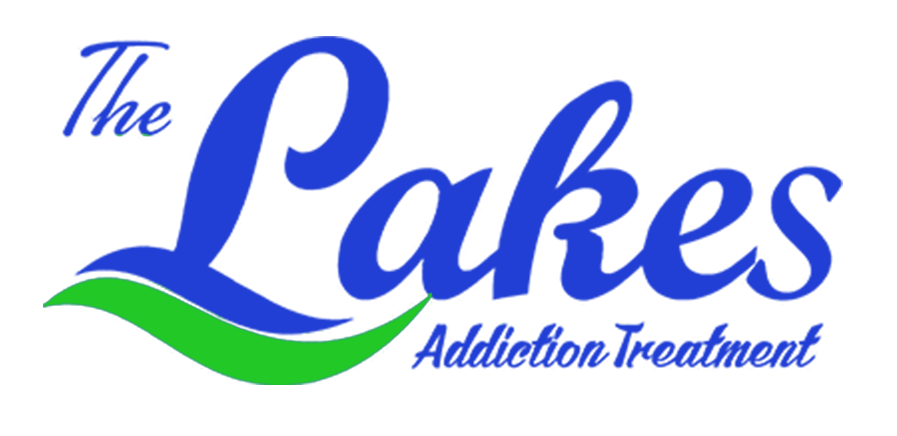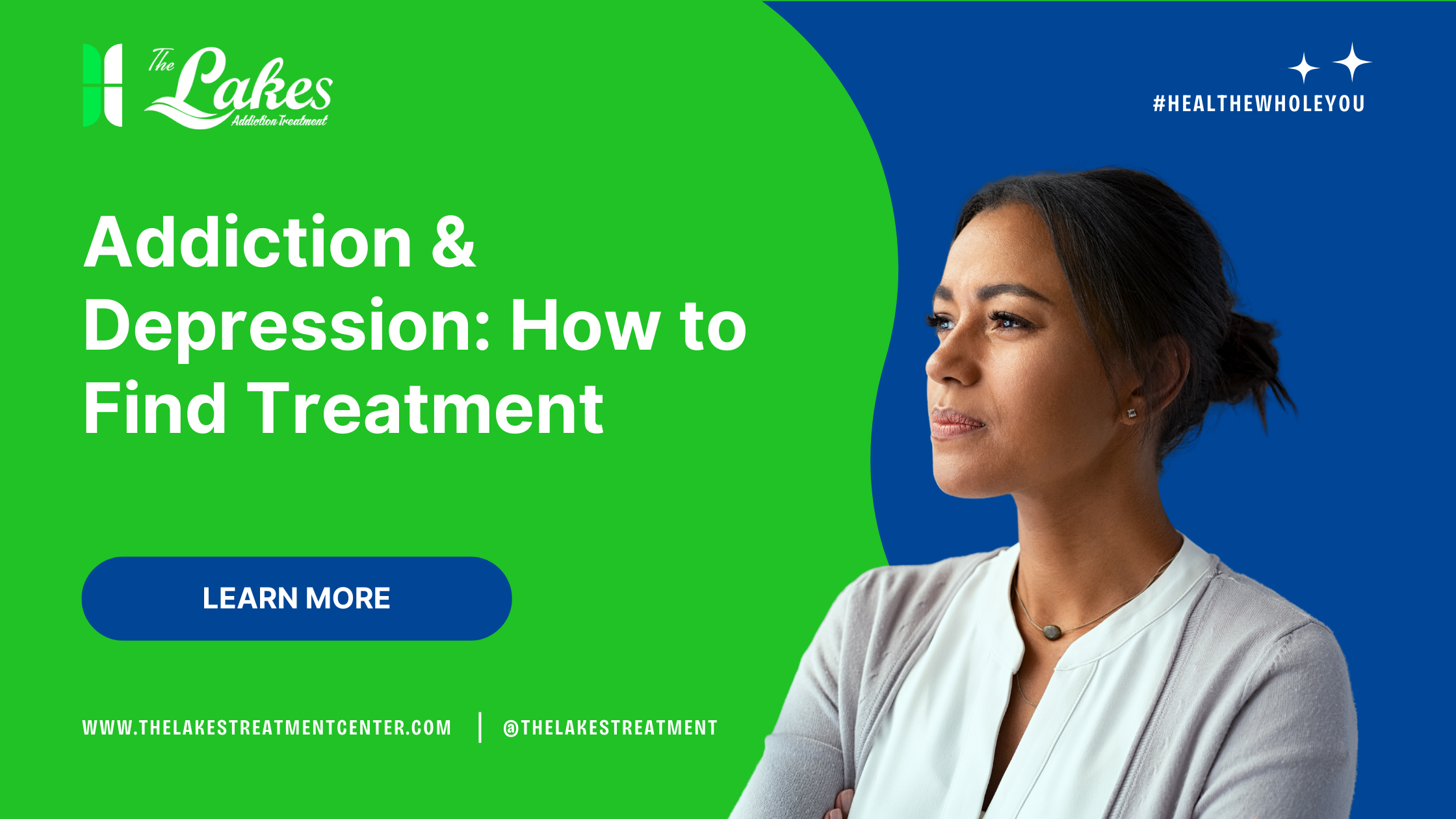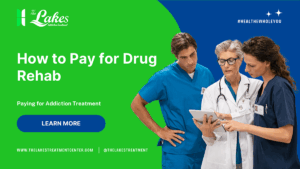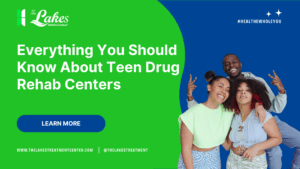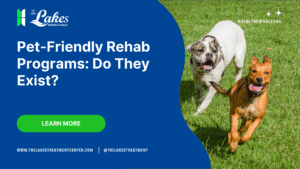Key Takeaways
- Risk factors such as family history can increase the likelihood of developing co-occurring disorders such as depression and addiction.
- Drug use can alter brain chemistry, which contributes to the development of both conditions.
- Untreated co-occurring disorders create a reinforcing cycle where worsening depression increases substance use, raising risks for health complications.
- Treatment options include therapy, addiction programs, and dual diagnosis care, with dual diagnosis offering coordinated support for both conditions in one setting.
- Individuals should seek dual diagnosis treatment if substance use and mental health symptoms interfere with daily life, escalate in severity, or include risks like suicidal thoughts.
Are you dealing with both depression and addiction? If so, you have what are called co-occurring disorders, which often need special care. The good news is that you can start to get better by joining the right dual diagnosis treatment program near you.
Understanding depression is crucial for recognizing its impact on your life, its prevalence, and how it can be closely linked to addiction. By understanding depression, you can better appreciate the importance of proper diagnosis and professional treatment.
Here, we will talk about what co-occurring disorders are and why addiction and depression often go hand in hand. We’ll also explain what dual diagnosis treatment is and what you can expect from it.
What are Co-Occurring Disorders?
Before we talk about how addiction and depression are related, let’s first talk about what co-occurring disorders are. When someone has both a mental health condition and a substance use disorder at the same time, they are said to have a co-occurring disorder. In some rare cases, this could even mean more than two mental health disorders.
It’s important to note that people with co-occurring disorders are quite common. Co-occurring disorders often involve both substance use disorders and mental health conditions. In some cases, the mental health disorder comes first and leads to the addiction disorder, or the other way around. Because the two disorders are so closely linked and their symptoms are similar, treatment and recovery may be more difficult.
That means co-occurring substance and mental health disorders typically require integrated treatment approaches for the best outcomes.
Why Depression and Substance Use Disorder Often Go Hand in Hand
The American Psychiatric Association finds that addiction and depression often happen at the same time. In some cases, depression may be the initial disorder, potentially resulting in addiction if one attempts to self-medicate with alcohol or drugs. The addiction could also start first and cause depression because drugs and alcohol can hurt your mental and cognitive health.
Addiction and depression often lead to a vicious cycle that is very hard to break, no matter which one started first. The more depressed you feel, the more you may try to treat yourself, which could make both conditions worse.
People with co-occurring disorders have an increased risk and higher risk of health complications. Substance abuse is a leading cause of health problems among young adults. The exact cause of depression is unknown, but several factors and many factors contribute to its development.
Examples of common depression and addiction disorders include:
- Seasonal affective disorder
- Major depression or major depressive disorder
- Bipolar disorder
- Persistent depressive disorder
- Other mood disorders and depressive disorders
- Postpartum depression
Depressive symptoms and depressive episodes can manifest differently across these types of depression, affecting mood, behavior, and overall functioning.
How Can You Get Help For Depression and Addiction?
If you think you have both a mental health and an addiction problem, the most important thing you need to do is find treatment near you. Many people with depression do not receive help, so it is important to seek professional help as soon as possible. After all, the sooner you act, the more likely you are to address the problem before it gets worse.
If you want help with addiction and depression, there are three ways you can get it:
Therapy
Going to therapy sessions is one of the best things you can do for your mental health. Different therapists can help you deal with both addiction and depression at the same time. Therapy can also be an important part of comprehensive medical care for individuals with co-occurring disorders, ensuring that both mental health and addiction issues are addressed together.
A therapist can also help by giving you psychiatric medicine, uncovering underlying emotional pain, and encouraging healthy changes in your life. But therapy can be limiting, especially if you need more than just therapy for your addiction and mental health problems. Plus, group therapy sessions may not accommodate for mood changes or other significant issues.
Treatment for Addiction
Most people who are addicted should consider going to an addiction treatment program. It’s hard to beat addiction on your own, and there are many concerns when engaging in the solo pursuit. More serious addictions, such as opioid use disorder, alcohol use disorder, and drug addiction, may come with severe withdrawal and the physical effects of abuse.
Treatment for addiction may provide access to:
- Support for withdrawal symptoms
- Behavioral modification treatment
- Peer support groups such as Narcotics Anonymous
But remember that not all addiction treatment programs treat co-occurring disorders, which means some may not give you all the help you need.
Treatment for Dual Diagnosis
Dual diagnosis treatment is by far the best way to treat both addiction and depression at the same time. That way, you can treat co-occurring conditions at the same time (such as alcoholism and major depressive disorder).
Dual diagnosis treatment is not only better for people with more than one disorder, but it is also easier to access for most people. You won’t have to see more than one mental health professional or join more than one program because everything you need will be in one program. Plus, you may have access to much-needed prescription medications, such as selective serotonin reuptake inhibitors.
Signs That You Should Join a Dual Diagnosis Program
The first and most important step on your path to recovery is admitting you have a problem. This is very hard to do, and it takes a lot of honesty and self-reflection to fully reveal it.
But you may not know if you have a co-occurring disorder, especially if you have never been diagnosed before. Behavioral health disorders often have a number of mental health side effects, which can make it hard to tell if treatment is warranted at all.
With that in mind, here are some signs that now is the right time to sign up for a dual diagnosis program:
- You are having serious mental health problems and are engaged in substance abuse.
- You are keeping your friends and family in the dark about how bad your mental illness and substance abuse problems really are.
- Your emotional well-being is low, or you seem to pass through many emotional states.
- You believe you may be a suicide risk (you experience recurring suicidal thoughts).
- You have been in a depressed mood for more than two weeks.
- Your mental health or addiction is making it hard for you to do things like go to school or work.
- You have begun to use drugs or alcohol to deal with your mental health problems.
- You can handle more drugs or alcohol now, so you need to use more to get the same high.
- You are starting to ignore your health and relationships.
What to Expect from Dual Diagnosis Treatment Near You
It can be scary to start the road to recovery, especially if you don’t know what to expect. If you have more than one disorder, treatment can be a little more complicated. You might have a lot of questions about what your program will include.
If you have any of these worries, here’s a list of what a good dual diagnosis treatment program should offer:
- Help for common mental health problems
- Treatment for common mental health issues
- A full evaluation of the individual and treatment plans that are tailored to your needs
- Access to mental health and addiction professionals and therapies based on evidence
- Holistic treatment options include therapies like art, physical activity, and mindfulness
- There are different levels of care, such as short-term and long-term treatment programs
- Contingency planning and resources for aftercare
Join a Dual Diagnosis Treatment Program at The Lakes Treatment Center
If you’re struggling with depression and substance use disorder(s), it’s true that your recovery process may be more difficult. But don’t give up! You can still get better if you find the right treatment program to help you deal with both disorders and how they affect one another.
It can be a struggle to live with major depressive disorder and substance abuse at the same time, which is why The Lakes Treatment Center offers a dual diagnosis treatment program. Our dual diagnosis program can help with the most common co-occurring disorders. You can also choose between a short-term or long-term stay.
Ready to begin the process of getting help for your addiction and depression? Call The Lakes Treatment Center today to find out more about our dual diagnosis treatment program.
Frequently Asked Questions
Q: How are depression and addiction diagnosed?
The diagnosis of mental disorders such as major depression is typically guided by the criteria outlined in the statistical manual known as the DSM-5, which is widely used by professionals. Substance use disorder can be diagnosed by an accredited healthcare professional.
Q: How do you help someone with depression and addiction?
Family members should look for depressive symptoms in loved ones, such as depressive episodes, mood changes, or the use of different substances. Remember that effective disease control is important to prevent depression from becoming life-threatening.
Q: Where can I find information about depression and addiction?
The Mental Health Services Administration plays a key role in supporting dual diagnosis treatment and advancing mental health initiatives through funding, policy, and oversight. For more authoritative information on dual diagnosis treatment, you can visit the National Institute on Drug Abuse (NIDA) website, a trusted national institute in the field. Or, explore the International Journal of Mental Health and Addiction.
Q: What helps with depression and addiction?
Mental health therapies such as motivational interviewing can be combined with treatment options such as methadone to relieve co-occurring disorders. A dual diagnosis treatment center can craft a customized plan shaped around environmental factors and behavioral sciences.
Q: Can depression and addiction be cured?
Depression is a chronic condition, and low self-worth is a key symptom that can make recovery more difficult. Common symptoms of depression can interfere with daily life and significantly impact an individual’s life. That said, mood disorders can be treated by a qualified professional.
Q: Are people with co-occurring substance use disorders depressed?
If you’re having trouble with addiction, you might feel depressed, but that doesn’t mean you have clinical depression. Feeling sad or down is a common mental health side effect of drug abuse, but it doesn’t always mean you have co-occurring disorders. But if you abuse drugs for a long time, this side effect can turn into clinical depression.
